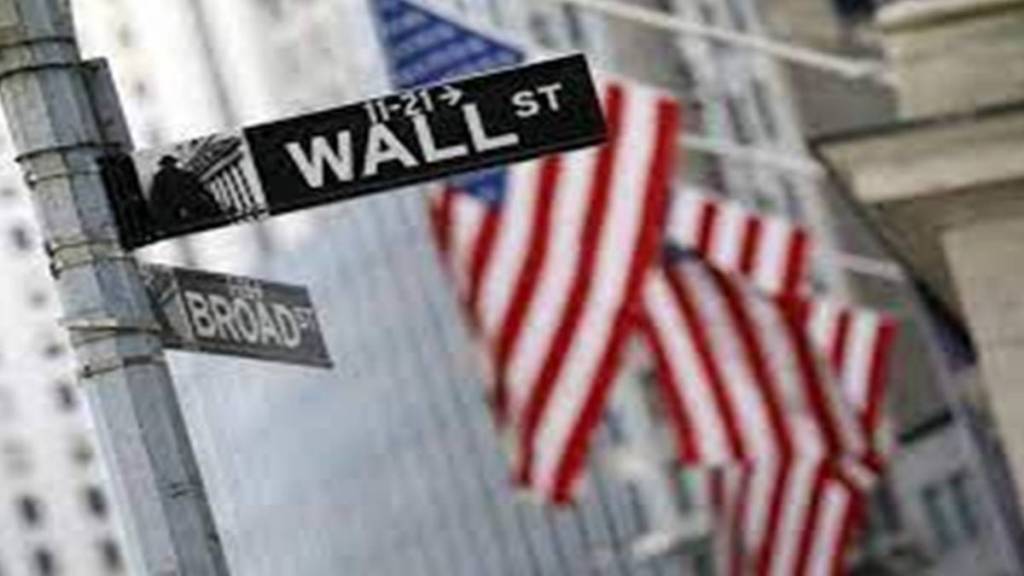Unlike any other month, May has a distinct place in the world of stock markets. ‘Sell in May and Go Away’, is an old adage often mentioned by traders and investors in the stock market. The concept behind ‘Sell in May and Go Away’ is that the stock market underperforms during the summer months – between May and September. In no way, ‘Sell in May and Go Away’ suggests that the market will see a fall during the month.
Sell in May and Go Away strategy suggests that investors should consider selling their equities in May, park the funds in the bank and then re-enter the market in November. The strategy rests on the premise that markets fall or do not rise much during these summer months and hence staying out will help preserve capital.
And, there is historical data in support of this strategy. According to Corporate Finance Research, “Historical data have generally supported the “Sell in May and Go Away” adage over the years and since 1945. The S&P 500 Index has recorded a cumulative six-month average gain of 6.7% in the period between November to April compared to an average gain of around 2% between May and October. Furthermore, the S&P 500 typically generates positive returns roughly two-thirds of the time from May to October, while that percentage rises to 77% from November to April.”
Also Read: The Big Risk! 50% of the Nasdaq 100 market cap is represented by just 8 companies
The Sell in May and Go Away approach advises investors to sell their equities at the beginning of May (or in the late spring) and hold the proceeds in cash. Then, in November (or in the late autumn), the investors would make new investments. The investors would refrain from owning stock during the summer by following this technique.
Also Read – US Big Tech: Is it the best time to take profits off the table?
But, this strategy may not always work and may not be suitable for all investors. Firstly, long-term investors need not consider this approach as they are supposed to ignore short-term events-led price movements. Secondly, some sectors may work during the summer months more than others. Investors who entirely exit the market for several months may miss out on opportunities to profit arising during the period, especially on account of the changing economic environment.


